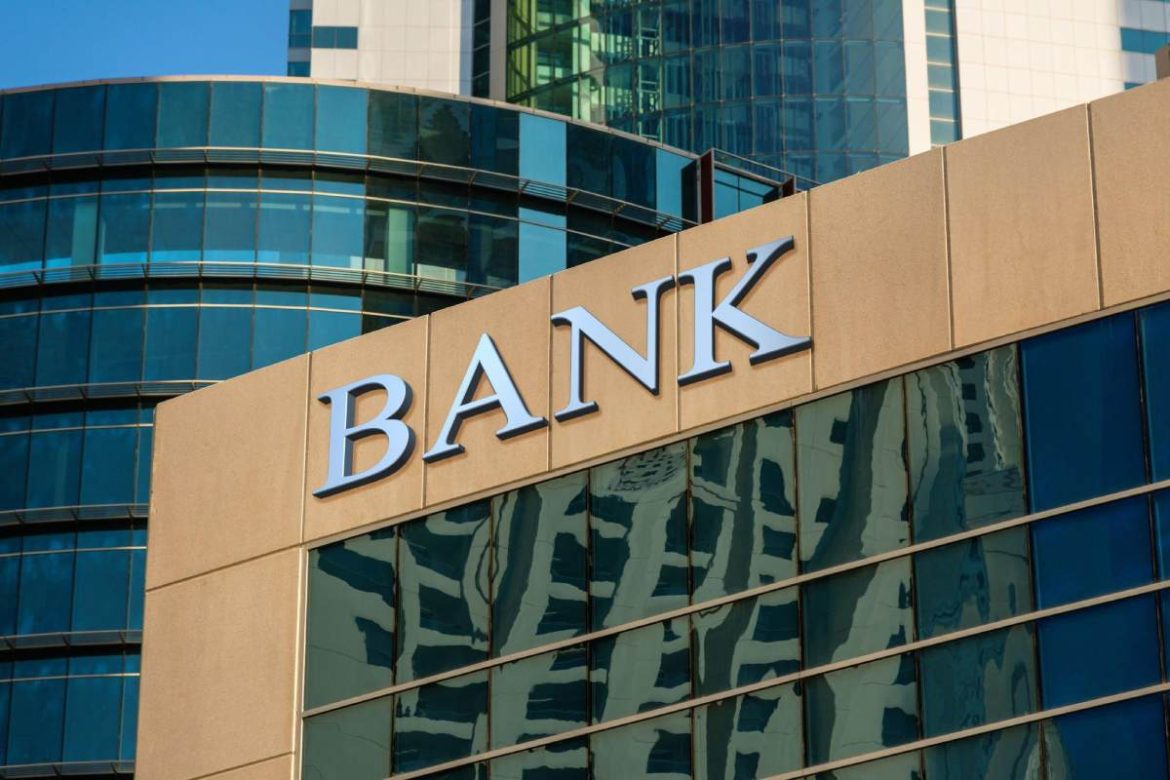A new savings account is necessary if you’ve relocated out of your bank’s network or are tired of unexpected costs. How do you choose between a bank or a credit union? Do branches matter? What fees are avoidable?
Let’s review you’re the crucial aspects.
Table of Contents
Consider future and existing needs
Consider your long- and short-term goals. Do you want a home? Maybe you’re tired of experiencing financial pressure during emergencies. Write your list, then consider what financial tools you’ll need.
If you frequently travel for a job or pleasure, consider what products, services, and benefits you’ll need. Do the financial institutions you’re considering give ATM-fee rebates? Do international rebates apply? Have a lot of fee-free ATMs nationwide? These points will save you heaps of money in fees afterward.
Know your choices
Do you associate banking with a brick-and-mortar branch? There are numerous banking options today; select one that makes you feel like your money is safe and accessible.
Outdated banks have physical branches you may visit to make deposits, withdraw cash, and apply for loans and credit cards. Some larger national banks offer spectacular promo packages for checking accounts but remember that these promos often come with monthly fees. Many banks are FDIC-insure, so your cash is safeguard if the bank declares bankruptcy.
If you want to retain more of your money, credit unions are a great substitute for traditional banks. The same products and services are provided by credit unions as by banks, but at lower costs, with higher interest rates and better customer support.
If you’re tech-savvy and prefer to bank online, try a fully-digital online credit union. Online credit unions offer many security features. These financial institutions may commit more time and money to improve their security features and protect your funds. They offer ATM-fee rebates, contactless debit cards, award-winning mobile apps, and expanded fee-free ATM networks.
Account fees and interest rates
Overdraft fees are only one of the annoying charges on savings or checking accounts. The average cost of monthly maintenance fees, ATM and account use fees, overdraft, and nonsufficient funds fees for a checking account differ based on the provider.
You should keep all your hard-earned money. So be sure all your bank accounts, notably checking and savings, have a tremendous interest rate and no monthly fees. An MSFCU Premier High-Rate Checking account gives a special interest rate (greater than many savings account interest rates) on your funds. Rules apply.
The savings account you choose is key to achieving your financial goals. You’ll want a liquid account to withdraw funds without early withdrawal or minimum-balance fees. Your savings account should be high-interest.
Credit unions offer greater interest rates on savings accounts and loans than banks. Because credit unions are not-for-profit, revenue is returned to member-owners through high savings rates, lower loan rates, and higher credit card incentives.
Find an upstanding bank
Having a clear set of values and expectations for your future bank account is helpful. 55% of those surveyed indicated a poorly handled fraud allegation would make them leave a banking organization.
Poor customer service can be costly for fraud claims, account access, and error resolution. Check how the bank or credit union’s mobile app and customer service are rated on Google Play and Apple App Store. You’ll rapidly learn about customers’ finest and worst experiences.
The finest financial institutions offer several ways to view your account and 24/7 live customer care lines. Inquire about online, mobile, chat, and live assistance.
Lastly, read the bank or credit union about us and mission pages. Do they support your principles and positively impact their communities? It’s crucial to trust those whose values agree with yours before opening a savings account.
You’ll glad you read the tiny print on accounts and found a trustworthy, easily accessible credit union or bank.


